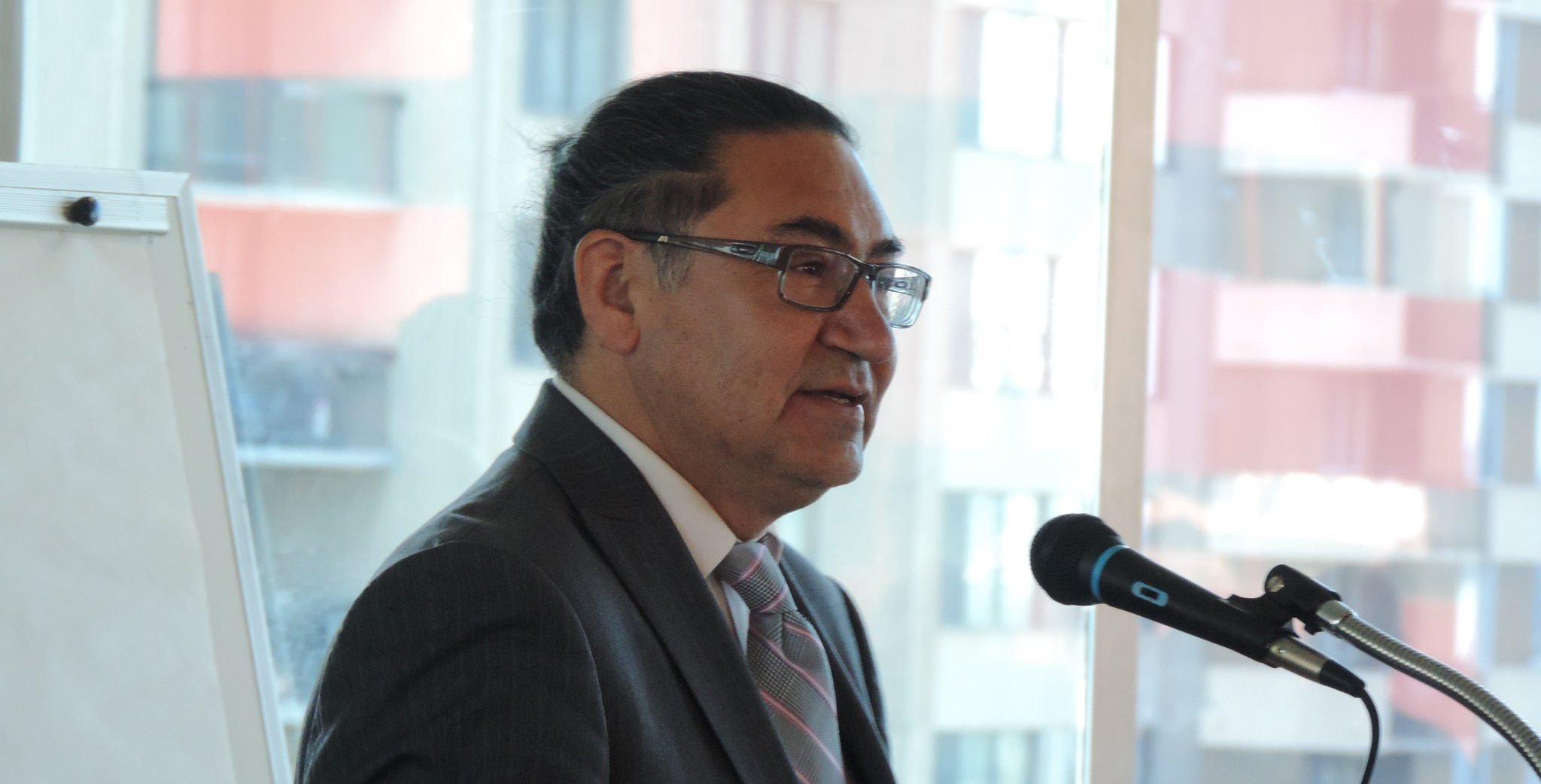When they were campaigning, Justin Trudeau’s Liberals promised that they would adopt and implement the United Nations Declaration on the Rights of Indigenous Peoples (UNDRIP). It appears that they are now less eager to do so. It took 23 years of effort and negotiation for Indigenous peoples to have their inherent rights recognized in the UN declaration, which was adopted in 2007. UNDRIP’s common and recurring theme is that they have the right to dignity and self-determination, and that no actions regarding their persons or lands should be taken without their “free, prior and informed consent.”
The Harper Conservatives opposed the declaration in 2007, making Canada one of only four countries to do so. Canada became a signatory in 2014 but the Conservatives provided no legislative machinery to ensure that laws and regulations would adhere to the declaration’s principles. The government resisted in large part because it believed that prior and informed consent by Indigenous peoples might put in jeopardy various proposed pipelines and resource extraction projects involving their lands.
Framework for reconciliation
The Truth and Reconciliation Commission investigated residential schools and their aftermath, reporting in June 2015. The Commission called on Ottawa to “fully adopt and implement” the UN declaration and to use it “as the framework for reconciliation.” The Liberals responded by promising they would “move forward urgently” but once in office, they began to dissemble. The Liberals continue to say that they support the declaration, but have resisted putting forward legislation which would provide a framework for its implementation.
Roméo Saganash and Bill C-262
Into this void, Roméo Saganash, now an MP but formerly an Indigenous leader from northern Quebec, has introduced C-262, a private members bill, into the House of Commons. The Bill is scheduled for debate beginning on December 4. Saganash’s bill would require a process for the review of federal laws to ensure consistency with the standards set out in the UN declaration. It would require the government to work with Indigenous peoples to develop a national action plan to implement the declaration. The bill would also provide for annual reporting to parliament on progress made toward implementation.
People from faith-based organizations and other civil society groups are urging their elected representatives to support Bill C-262. Some who have met with MPs report that Liberals are telling them the bill isn’t necessary because they are already committed to supporting the UN declaration; but first they want to do more consultation. The question is with whom? Bill C-262 already has support from organizations that represent over 90 per cent of Indigenous peoples in Canada, including the Assembly of First Nations.
For his part, Murray Sinclair, who was the TRC’s lead commissioner and who is now a Senator, says he “fully supports” Bill C-262 and will do whatever he can to see that it passes in the Senate once it arrives there.
Will conscience rule?
Private members bills such as this one are supposed to be voted upon freely by MPs and Senators rather than having their party tell them what to do. It remains to be seen if in this case conscience will rule the day in parliament.
Photo: United Steelworkers/Flickr
Chip in to keep stories like these coming.




